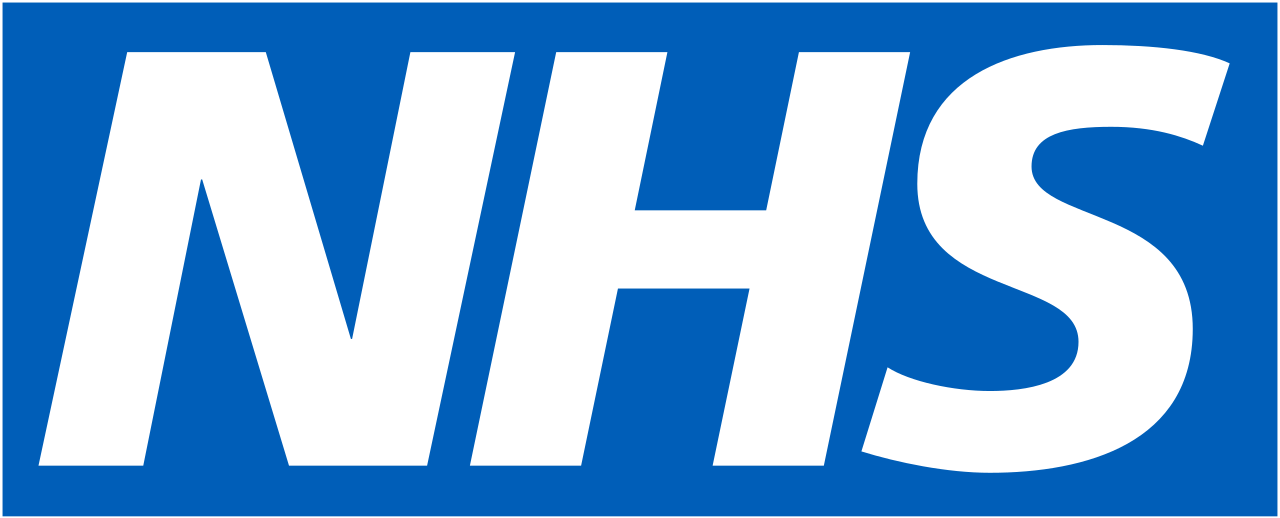Education and workforce
In March 2025, the programme will come to a close, but this website is accessible until June 2025.
Health and care professionals can access NWCSP resources by signing up to the Improving Wound Care: Building on the NWCSP FutureNHS workspace – the new home of the resources due to go live shortly.
The aims of the National Wound Care Strategy Programme can only be realised if there is a strong National education offer. The principles by which the National Wound Care Strategy Programme, in partnership with Health Education England, work to are:
• Every patient-facing healthcare practitioner needs to have wound care knowledge and skills.
• There needs to be a consistent standard of wound care knowledge and skill across the workforce.
• There is a need for National, generic, wound care education resources.
• Wound care education needs to allow flexible learning.
• We need to build the digital literacy of the health and care workforce.
The NWCSP Education and Workforce workstream is developing resources and solutions to address the workforce issues and educational needs of all those involved in care delivery.
Wound Care Education for the Health and Care Workforce
This e-learning programme aims to support the health and care workforce in developing the knowledge and skills required to enable appropriate wound care to people in any setting. These sessions are accessible for all health and care practitioners and have been written for learners at level 4 and above.
For technical queries about the e-learning modules, please contact https://support.e-lfh.org.uk/
National Wound Care Workforce Framework for England
In 2021, the NWCSP developed the Core Capabilities Framework in partnership with Skills for Health. Following feedback, this framework was expanded in 2023 to include recommendations for education and a career framework. It was renamed The National Wound Care Workforce Framework for England. This Framework identifies and describes the skills, knowledge and behaviours required to deliver high-quality, person-centred wound care. It is designed to complement existing documents and provide a consistent, comprehensive framework by and for a multi-professional audience, only a few of whom usually work within a designated and defined wound care service.
- National wound care education
- National Wound Care Workforce Framework for England
- Other NWCSP resources
- Wound Care Societies/Associations (UK)
- European wound management education
- Education for patients and carers
- Coming soon
Essentials of Wound Care Education
In partnership with the HEE, the NWCSP are developing a comprehensive suite of free to access, quality resources, authored by wound care experts. These resources are peer reviewed and updated regularly, to ensure they are promoting evidence based, and best practice.
The resources are written to complement all learning styles and are interactive, using different technologies to improve digital literacy. They are free to access for anyone working in health or care in the United Kingdom.
For technical queries about the e-learning modules, please contact elfh support.
Stop the Pressure Core Curriculum
The National Stop the Pressure programme has designed a core curriculum to guide education for nurses and other healthcare professionals on preventing pressure ulcers.
The National Wound Care Workforce Framework for England
In 2021, the NWCSP developed the Core Capabilities Framework in partnership with Skills for Health. Following feedback, this framework was expanded in 2023 to include recommendations for education and a career Framework. It was renamed The National Wound Care Workforce Framework for England with the original core capabilities framework unchanged. This framework identifies and describes the skills, knowledge and behaviours required to deliver high-quality, person-centred wound care. It is designed to complement existing documents and provide a consistent, comprehensive framework developed by and for a multi-professional audience, only a few of whom usually work within a designated and defined wound care service.
As a national programme, we have defined the capabilities (ie. the overarching requirements) which incorporate the wound care knowledge, skills and behaviours which practitioners need to demonstrate. Capabilities describe the potential to be competent and beyond this, to work effectively in situations which may require flexibility and creativity to produce an outcome.
The NWCSP currently has no plans to develop further guidance on this topic as we recognise that approaches need to be flexible depending on service and workforce models, patient and workforce development needs. Therefore, how the national Wound Care Workforce Framework for England is used in practice is up to individual employers. The National Wound Care Workforce Framework for England is not a summative list of competence against which the performance of an individual is assessed. We would recommend that if employers wish to develop competency documents, these should support assessment of specific wound care related tasks.
Resources
National Wound Care Workforce Framework for England
Education in the National Wound Care Strategy Programme
Find the answers to frequently asked questions about the work of the Education workstream.
Improving Lower Limb Care webinar
In this webinar, our team introduce the programme’s work and resources to improve lower limb care looking at digital, data and information, implementation, the lower limb forum, education and changes to the model of wound care provision.
Higher Education Wound Care Courses
Many universities offer post-registration wound care education. The NWCSP has identified a list of Higher Education wound care courses.
The European Wound Management Association (EWMA) is a European not-for-profit umbrella organisation, linking national wound management organisations, individuals and groups with interest in wound care. EWMA was established in 1991 as a charity organisation registered in the UK. To access European wound care resources, please visit the EWMA website.
We are currently considering how the Wound management curriculum for student nurses might be used within pre-registration health care professional programmes in England.
We are working with the First Tranche Implementation Sites (FImpS) to develop a blended learning education programme to support the development of requisite knowledge and skills to implement the Lower Limb Recommendations for Clinical Care. We have undertaken a training needs analysis of the workforce and mapped these to the National Wound Care Core Capabilities Framework for England. From this, we have produced an education curriculum, which sets out the learning outcomes to be achieved through the blended learning programme.
Following feedback from the recent consultation on the draft education curriculum, aimed for those working in a dedicated lower limb services managing leg and foot ulcers, we are expanding this curriculum to cover across the whole workforce for any health and care professional who is likely to provide woundcare for those with leg and foot ulcers and to add suggestions for supplementary experimental learning alongside the recommendations for online theroetical learning.
We are also continuing to work with Health Education England to develop further online theoretical education resources for wound care and these will be added to the existing suite of resources.
We have also been informed that some organisations are promoting e-learning using the NWCSP/HEE resources as part of ESR. The NWCSP supports such initiatives and has developed a case study alongside one of our FImpS about how they have achieved this.
Get involved
Sign up to our stakeholder forum to receive consultation surveys, newsletters and more.


Get involved
Information

